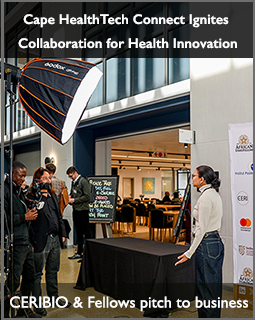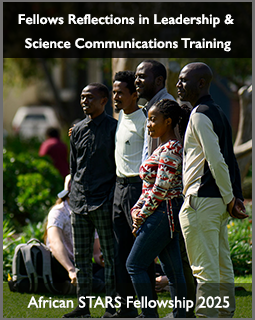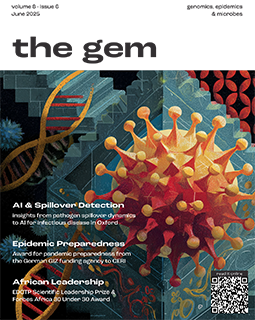DNA sequencer launched at the University of Free State
The University of the Free State (UFS) can now collect immensely valuable data on drug resistance in HIV/Aids and TB with the new DNA sequencer that was launched recently at the International workshop on HIV/AIDS and TB drug resistance at the Bloemfontein Campus.
The DNA sequencer will allow the Free State province to produce viral and bacterial genetic data to fight the local development of HIV/ Aids and TB drug resistance.
The HIV and TB epidemics have expanded very fast and South Africa now has the largest HIV and TB treatment programme in the world, with over 2 million patients on treatment. However, these successful treatment programmes are now being threatened by the appearance of drug resistance.
The Free State province has been at the forefront of fighting HIV drug resistance in South Africa and has one of the most advanced treatment programmes for the management of resistance strains in the country. In addition, researchers at the University of the Free State are leading partners in the Southern African Treatment and Resistance Network (SATuRN; www.bioafrica.net/saturn), a research network that has trained over 2 000 medical officers in the treatment of drug resistance strains.
The Department of Medical Microbiology and Virology in the Medical School at the UFS has partnered with the provincial department of health, the Medical Research Council (MRC) and the Delegation of the European Union to South Africa to fund a dedicated DNA sequencer machine that will be used to generate HIV and TB drug-resistance results. This new machine will enable cutting-edge research to take place, using the data in the province and, importantly, support patients with resistance strains to have access to advanced genotypic testing techniques.
'HIV drug resistance is a very serious problem in South Africa, and the recent advances in DNA testing technology allow clinicians in the province to access drug resistance testing, which enables them to manage patients appropriately who fail treatment, and use the results to cost-effectively extend and improve patients' lives' says Dr Cloete van Vuuren, Specialist in Infectious Diseases at the UFS's Faculty of Health.
Dr Dominique Goedhals, pathologist from the Department of Medical Microbiology and Virology at the UFS, adds: 'We have been looking forward to expanding our work with the clinicians and researchers, using DNA sequencing to shed light on the causes and consequences of drug resistance in urban and rural settings in the province.'
News date: 2013-11-25
Links:










